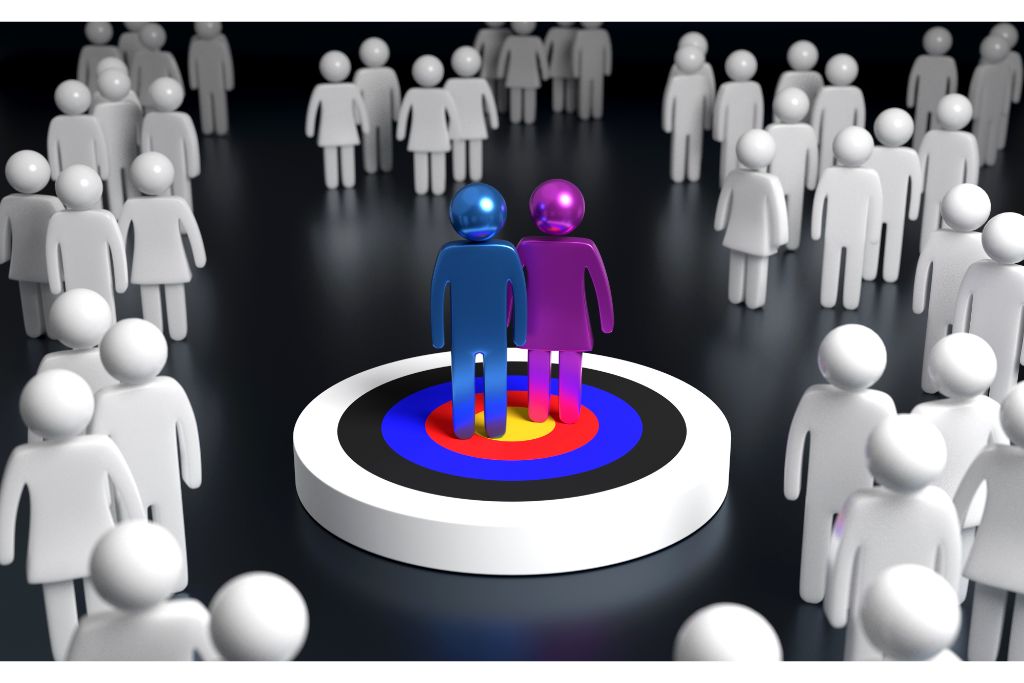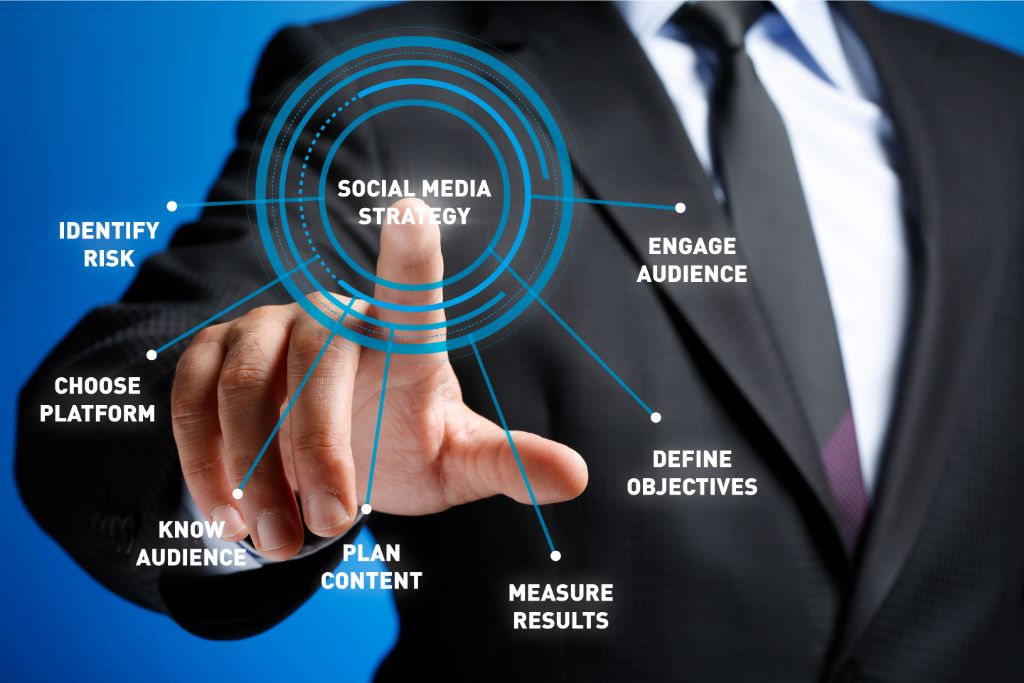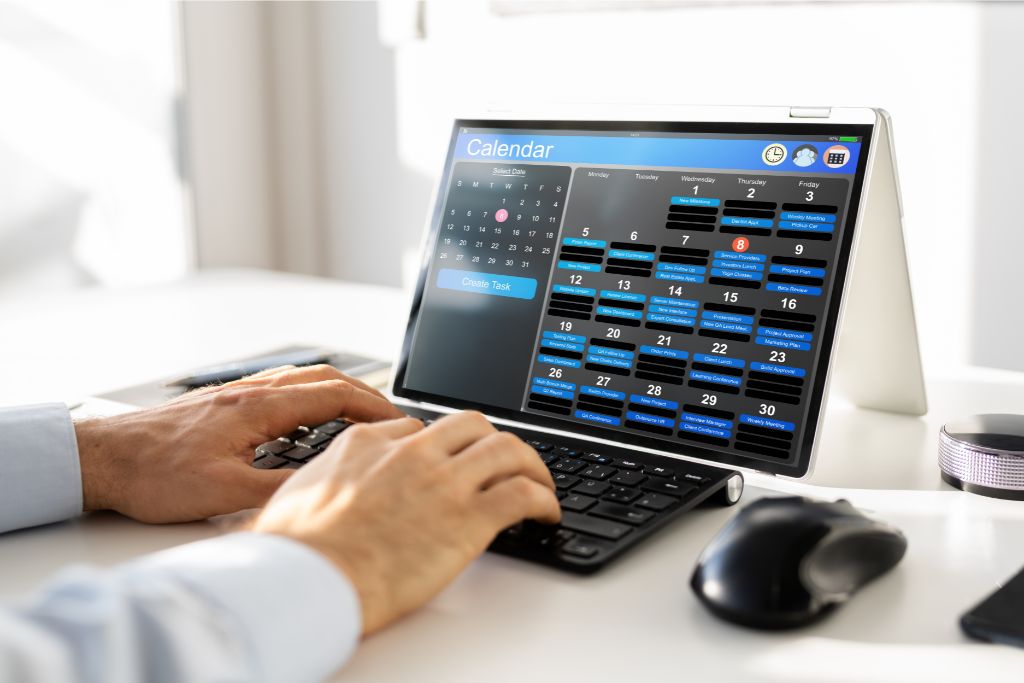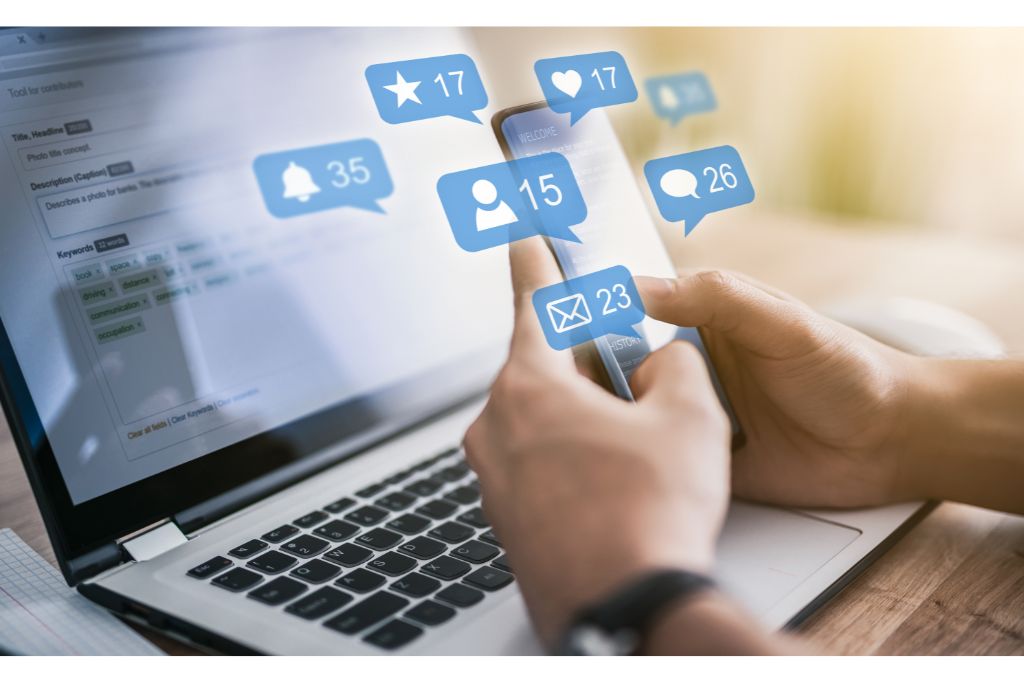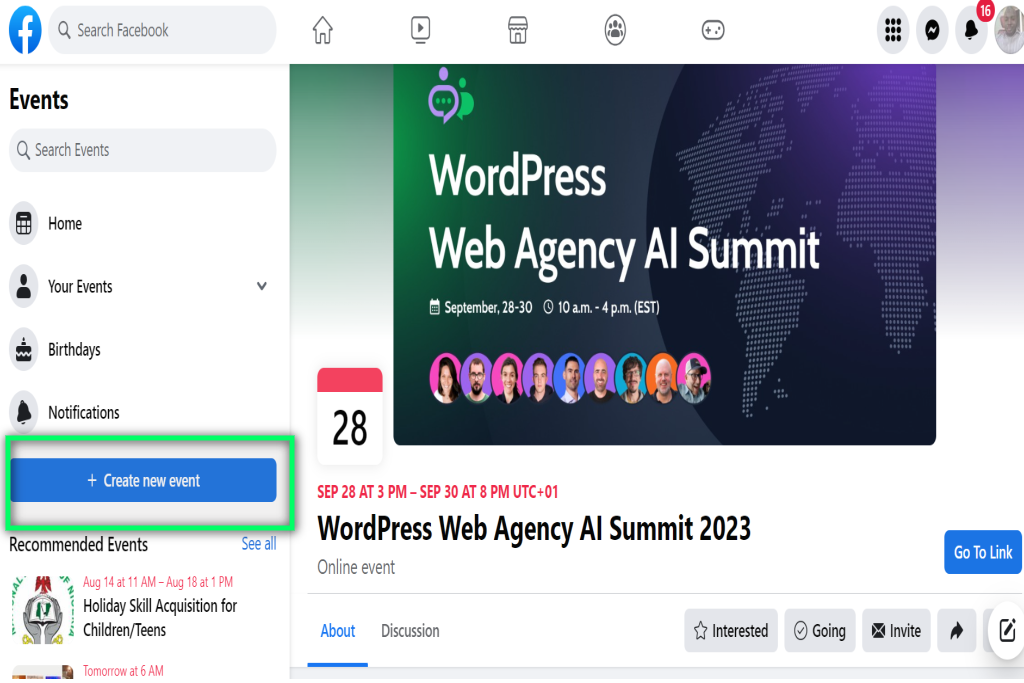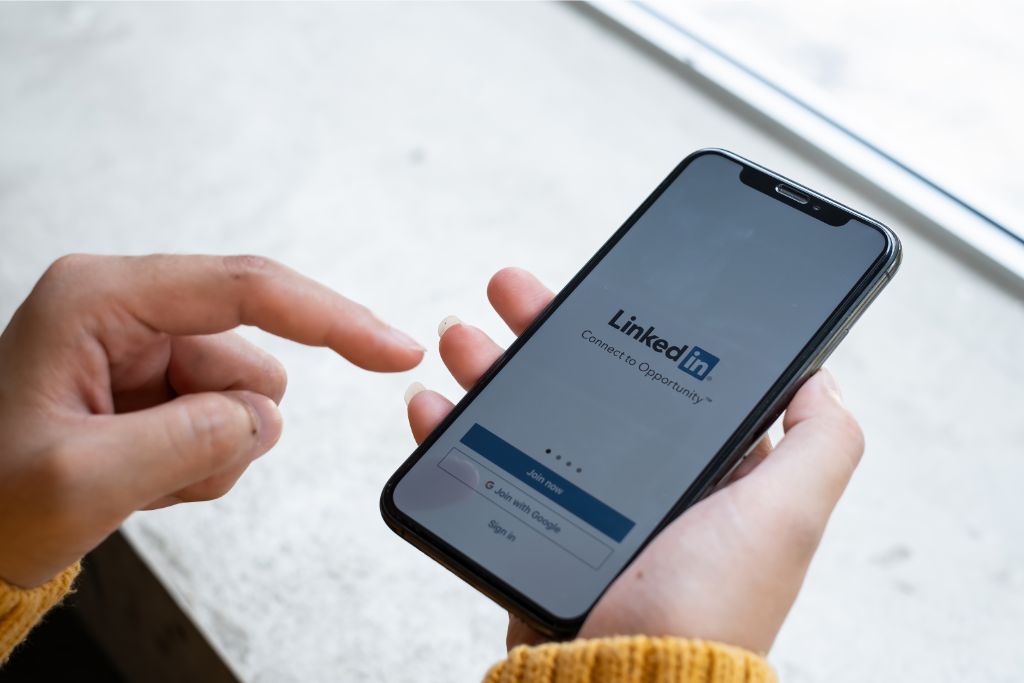Using Social Media To Enhance Your Event Planning Business
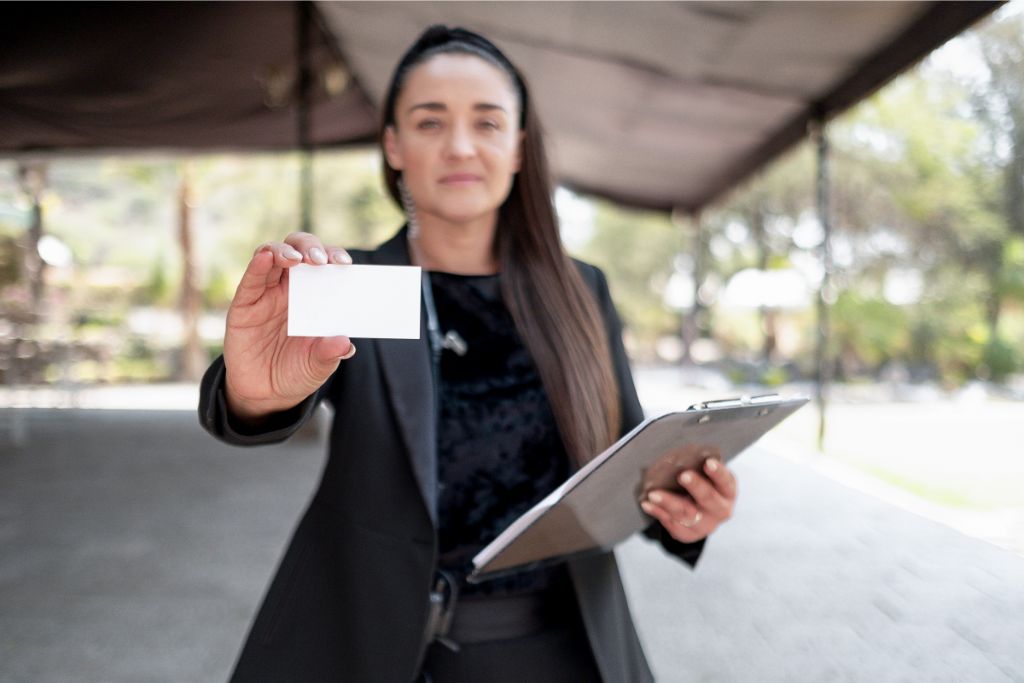
Are you maximizing the power of social media for your event-planning business? Social media platforms, like Facebook, Instagram, and LinkedIn, can significantly skyrocket your success. Don’t let this golden chance slip!
Dive in.
Understand how social media can boost your visibility, increase engagement, and make your event planning venture a hit.
Table of Contents
- 1 Understand Your Target Audience
- 2 Creating a Social Media Strategy
- 3 Building Your Online Presence
- 4 Promoting Events on Facebook
- 5 Sharing Behind-the-Scenes Content on Instagram
- 6 Engaging with Your Audience
- 7 Using LinkedIn for Networking and Professional Connections
- 8 Tracking Your Social Media Performance
- 9 BONUS
- 10 Frequently Asked Questions
- 10.1 How can I use social media to manage event registrations and ticket sales?
- 10.2 What are some practical ways to use Twitter for event promotion?
- 10.3 Are there any legal considerations or potential issues when sharing event content on social media?
- 10.4 How can I leverage social media influencers to boost my event planning business?
- 10.5 Can social media platforms like Snapchat and TikTok be useful for my event planning business?
Understand Your Target Audience
You must be fully aware of who your target audience is to use social media for your event planning business effectively. This isn’t just about knowing their age or location but understanding their needs, preferences, and online behaviors. That’s where Audience Analysis comes into play.
Audience Analysis is a key aspect of any successful marketing strategy. It involves studying your potential customers’ interests, habits, and inclinations on social media platforms. Whether they’re active Instagram scrollers or LinkedIn professionals, they will shape the content you post and how you interact with them.
Next up is Market Segmentation – breaking down your broad target audience into smaller, more defined groups. Maybe you’ve noticed that some of your audience are brides-to-be looking for wedding planners while others are corporate clients needing conference organizers. Segmentation allows you to tailor your messages and campaigns to each group’s needs and maximize engagement.
So get out there! Start analyzing, segmenting, and tailoring your social media strategy today. Ensure every post resonates with the right people – this could be what takes your event planning business from good to remarkable!
Creating a Social Media Strategy
In the dynamic world of event planning, mastering your social media strategy can give you a competitive edge.
You’ll need to pinpoint the right platforms that resonate with your audience, set clear goals and objectives to guide your efforts, and develop a comprehensive content calendar for efficient execution.
This approach streamlines your process and ensures every post contributes towards achieving your broader business objectives.
Choosing the Right Platforms
You’ll need to carefully consider which social media platforms are the most effective for promoting your event planning business. Platform selection is a critical step in leveraging social media to your advantage.
Each platform has its unique demographic and caters to different content styles. For instance, Instagram might be perfect for showcasing visually stunning events, while LinkedIn could connect you with corporate clients.
Understanding social media algorithms is another crucial aspect. These algorithms determine what content gets shown and who sees it, so mastering them can boost the visibility of your posts significantly.
Setting Goals and Objectives
Setting clear goals and objectives for your marketing strategy can’t be overstated. It’s crucial to align objectively with your business plan and goal prioritization to ensure success in the event planning industry.
Here’s a visual representation of how to set these:
| Goals | Objectives | Actions |
|---|---|---|
| Increase brand visibility | Gain 1000 new followers on Instagram within three months | Engage with the audience daily, post consistently |
| Generate leads | Collect 200 email addresses from potential clients within a month | Offer an incentive like discounts or freebies for signing up |
| Boost sales | Sell out all tickets for the next event within two weeks of launch | Promote aggressively across all platforms |
Developing a Content Calendar
Let’s dive into developing a content calendar, an essential tool for organizing and scheduling your marketing activities effectively. A well-designed content calendar ensures consistency, eliminating the last-minute scramble for material.
As an event planner, consistency is key to keeping your audience engaged and informed about your services. By setting a schedule and sticking to it, you’ll find that managing your social media becomes less of a chore and more of a strategic game plan – one that can reap great rewards in positioning yourself in the competitive event planning industry.
Consider using calendar tools explicitly designed for social media planning. These tools allow you to plan out posts weeks or even months in advance, freeing up time to focus on the other tasks involved in planning events.
Building Your Online Presence
Building your online presence isn’t just about being active on social media; it’s also about creating engaging content that resonates with your target audience. An effective online branding strategy can significantly impact SEO, putting you at the forefront of the event planning industry.
Here are some techniques to enhance your online branding:
- Establishing a consistent brand image across all platforms
- This includes using uniform colors, fonts, and logos.
- Your tone and message should be consistent, too.
- Providing valuable content
- Share tips, trends, or insights related to event planning.
- Engage in Q&A sessions or webinars to interact with your audience.
- Optimizing your website for SEO
- Use relevant keywords in your content.
- Make sure your website is mobile-friendly and loads quickly.
Promoting Events on Facebook
Now that you’ve built a robust online presence, it’s time to harness its power and promote your events effectively. One platform you can’t ignore is Facebook. With strategic Facebook Ads optimization, you can take your event promotion to the next level.
Getting started is easy, but mastering the art of Facebook Ads for event promotion requires careful thought and strategy. It’s all about targeting the right audience at the right time with engaging content that compels them to act – whether it’s clicking on a link, purchasing tickets, or RSVPing to your event page.
One crucial aspect of optimizing Facebook Ads is incorporating Event hashtag usage into your campaigns. Hashtags are powerful tools for categorizing content and making it discoverable by users who have expressed interest in similar topics. You increase the chance of reaching potential attendees interested in your offer by using specific hashtags related to your event or industry, such as #WeddingPlanningTips or #CorporateEventsIdeas.
So don’t miss out! Leverage these strategies and watch your events gain traction on Facebook like never before.
Sharing Behind-the-Scenes Content on Instagram
Sharing behind-the-scenes content on Instagram isn’t just fun. It’s also a proven way to engage potential attendees and generate excitement about your upcoming events. You’ve got this brilliant platform at your fingertips; why not use it to its fullest potential?
Your Instagram aesthetics should be top-notch. Here’s how:
- Showcase the venue before guests arrive – an empty room transformed into a magical space creates anticipation.
- Share sneak peeks of menu tastings or décor selections – who doesn’t love a little mystery?
- Post candid shots of your team in action, making preparations – this humanizes you and gives followers insight into all the hard work that goes into event planning.
Hashtag usage is another critical aspect. Using appropriate hashtags increases the visibility of your posts beyond just your followers. Research popular event-related hashtags or create unique ones that resonate with your brand.
Don’t forget to engage with comments and DMs – interaction boosts loyalty! Your behind-the-scenes content can turn casual scrollers into engaged attendees, so start sharing those unseen moments!
Engaging with Your Audience
You’re not just planning events. You’re creating experiences. And that means engaging with your audience is crucial. Timeliness and authenticity can set your event planning business apart when responding to comments and messages.
Additionally, running social media contests can be a fun and interactive way to boost visibility while rewarding your loyal followers.
Responding to Comments and Messages
It’s crucial to promptly and professionally address any comments or messages on your social media platforms. In the event planning industry, comment etiquette is key. It can turn potential clients into loyal customers or drive them away.
Be sure to respond quickly, ideally within 24 hours. This shows you’re attentive and value their input.
Personalize each response; don’t just copy and paste a generic reply. Use their name if possible and acknowledge their specific comment or message content. This level of message personalization makes them feel valued and fosters a connection between your business and its audience.
Running Social Media Contests
Running contests on your platforms can be a great way to engage with your audience and attract new potential clients. As an event planner, making your contests fun yet relevant is crucial.
Let’s talk about contest rules and prize selection.
Crafting clear contest rules is vital; they’ll keep you out of hot water while ensuring fair play. It’s also important that the prize selection aligns with your brand – don’t offer a tech gadget if you’re in the business of creating magical weddings!
Consider prizes like discounted event planning services or free consultations. They’re not only attractive but serve as a brilliant marketing tactic. Remember, in social media contests, the goal isn’t just winning; engaging effectively with your audience and expanding your reach.
Using LinkedIn for Networking and Professional Connections
Leveraging LinkedIn can significantly boost your business as it’s the perfect platform for professional networking and connections. As an event planner, this tool allows you to meet potential clients and partners. It’s not just about creating a profile; it’s about optimizing it to the max.
Here are some steps to leverage LinkedIn effectively:
- LinkedIn Advertising
- Use Sponsored Content to raise brand awareness and drive quality leads.
- Try Text Ads for pay-per-click (PPC) or cost-per-impression (CPM) campaigns.
- Profile Optimization
- Keep your profile picture professional. You’re in the event planning industry. Make sure that shows.
- Customize your headline. Make it catchy but clear about what you do.
Remember, consistency is vital on social media platforms like LinkedIn. Regularly share updates about your events, post engaging content related to event planning, join relevant groups, and participate in discussions. By doing so, you won’t just be another name on LinkedIn; you’ll stand out as an active participant in your field.
So get out there! Start using these strategies today and watch how they transform your business in the event planning industry through better networking and connections.
Tracking Your Social Media Performance
You’ll need to keep a keen eye on the effectiveness of your LinkedIn strategies by monitoring their performance regularly. This is where performance analytics come into play. They allow you to see how well your posts are doing, who’s engaging with them, and what kind of content generates the most interest.
Competitive benchmarking is another essential aspect of tracking your social media performance. It helps you understand how you’re doing compared to others in the event planning industry. Are you leading or lagging? Here’s a simple table that can help track these metrics:
| Metrics | Your Performance | Industry Average |
|---|---|---|
| Likes | ||
| Shares | ||
| Comments | ||
| Views | ||
| Clicks |
With this information, you can adjust your strategy and continue striving for success in your field. Remember: staying informed about your performance and understanding where you stand compared to competitors is key to improving and making the most of LinkedIn for event planning business growth!
BONUS
Supercharge your event planning business with OnlySocial’s essential Post Planning and Scheduling function. Seamlessly plan and schedule your posts across all social networks, ensuring consistent and strategic content delivery. With unlimited posting and the ability to manage unlimited social profiles, you can expand your online presence without limitations. Don’t miss out on optimizing your social media strategy. Sign up for a commitment-free 7-day trial today.
Frequently Asked Questions
Boost your event’s visibility and handle ticket sales with Facebook Advertising Strategies. Utilize the RSVP features on Instagram to monitor attendees. Remember, social media can make your registration process smoother, more efficient, and user-friendly.
What are some practical ways to use Twitter for event promotion?
Dive into Twitter analytics to grasp your followers’ passions. Let this insight shape captivating sponsored tweets about your event. It’s a potent tactic to spark interest and reel in the ideal crowd, thus pumping up attendance.
For sure! Be mindful of copyright laws and privacy issues when posting event content on social media. Always secure permissions for copyrighted stuff. Respect your audience’s privacy to dodge legal hiccups.
Work closely with influencers. Make this happen through innovative collaboration tactics. Imagine them crafting sponsored posts about your events. Isn’t that an exciting exposure? Your brand’s visibility can skyrocket! Picture a larger audience pouring into your event planning business.
Sure thing! You can use Snapchat Geofilters for a fantastic branding touch at your events. On the other hand, TikTok Challenges can amp up attendee engagement and visibility. These platforms can give a fresh, innovative spin to your event-planning business.
